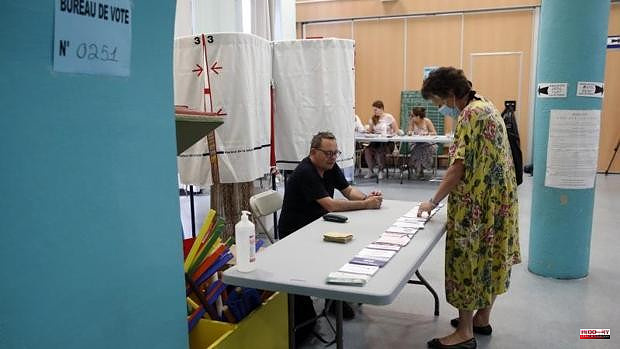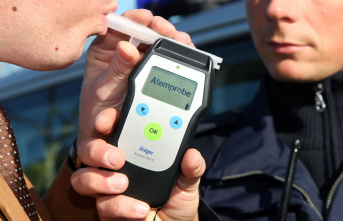All the studies announce an abstention of 54 or 55% for today, the highest of all legislative elections since 1958. Theoretically, this abstention could favor Macron's party and harm Marine Le Pen's, with a first underlying risk: potential losers will be tempted to denounce the "lack of legitimacy" of the results.
The best analysts fear that it is a matter of great social significance: the emergence of a France disenchanted with politics -criticized for its inefficiency- and politicians -criticized for being insensitive to everyday problems-. Theoretically, the voters of Macron and Mélenchon are the most motivated: to defend moderate conservatism or to support a break. Far-right voters could be victims of a "tired with no prospects."
At noon, participation in the first round of the legislative elections had reached 18.43% at 12:00 p.m., 0.8 points less than that registered in 2017, according to the Ministry of the Interior. Five years ago attendance was 19.24% in mainland France and this time everything points to abstention once again being decisive for the results.
The lower the turnout, the less likely it is that the election will be decided in the first round, since in addition to achieving 50 percent of the vote, turnout must reach 25 percent.












